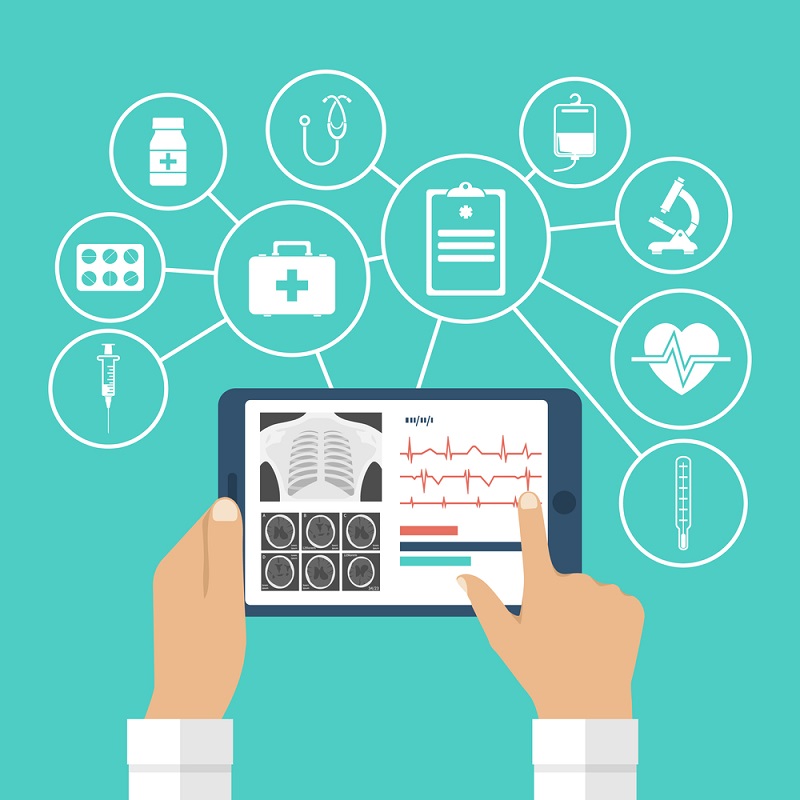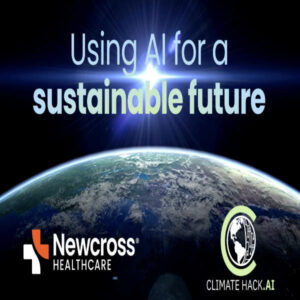In the future, artificial intelligence may be able to diseases that may impact people as they age. This enables patients to access better treatment. Thanks to a study carried out by scientists from the University of Buffalo, such technology could in fact become a reality.
AI and Healthcare
As part of the study, a new model which uses artificial intelligence (AI) can help find out advanced information about complex illnesses that occur as people get older. Published in the Journal of Pharmacokinetics and Pharmacodynamics, the AI model uses seven metabolic and a number of cardiovascular biomarkers to determine health status and disease risk. These biomarkers include:
- Body mass index
- Waist-to-hip ratio
- Total cholesterol
- High-density lipoprotein cholesterol
- Triglycerides
- Glucose
- Glycohemoglobin
- Systolic and diastolic blood pressure
- Pulse rate
- Homocysteine
Through analysing these biomarkers, the artificial intelligence can use machine learning to discover how aging affects each measurement. It uses a memory of previous biomarker levels to predict what these measurements might be in the future. This can then reveal how metabolic and cardiovascular diseases progress as an individual ages.
Murali Ramanathan, a professor in the School of Pharmacy and Pharmaceutical Sciences at the University of Buffalo, talks about what this could mean, “With this information, we will be able to understand the development sequence of a disease, and future patients will also get better treatment on time.”
Ramanathan continued, “Through many clinical therapies, patients can be saved from heading towards that disease. This model can also be used to assess long-term chronic drug therapy, which will also help doctors to monitor the treatment of diseases like diabetes, high cholesterol and high blood pressure.”
AI is being used to assist with new healthcare research all the time, such as helping to take blood from people with hard to find veins, with many exciting new developments continuously being made.











